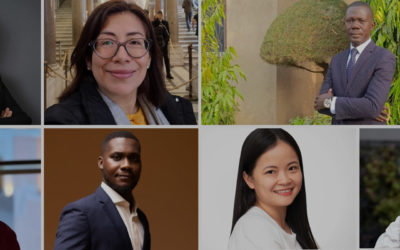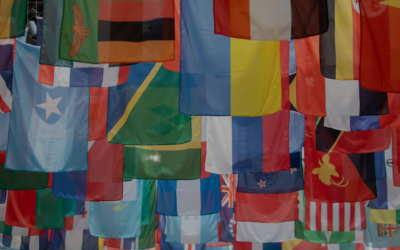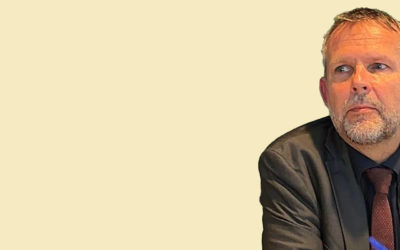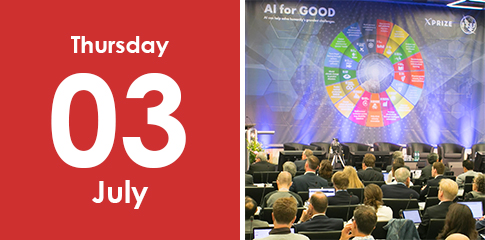Mamadou Ibrahima Fall obtained his Master’s in International Negotiation and Public Policies at the Graduate Institute in 2013. With over twenty years of experience in economic and commercial diplomacy and developing strategies for various organisations, he was recently appointed Technical Advisor in Export Promotion, local Consumption and Industrial Strategy at the Ministry of Industry and Commerce of Senegal. We asked him a few questions about his impressive career and how he envisions the future of international negotiations.
You obtained your Master’s in International Negotiation in 2013. How has this training shaped your career and influenced your approach to international negotiations and public policies?
This Executive Master programme provided the most contemporary foundational knowledge and greater know-how for acquiring the pertinent skills for success in my field. It afforded me the practical and necessary tools for learning from the most experienced practitioners around the world. I gained an invaluable perspective on building my future career while learning how to structure multilateral negotiation plans and strategies in various complex scenarios.
That very selected programme also equipped me to deliver knowledge-based analysis, strategies, and solutions to governments that envision attracting Direct Foreign Investment and implementing more ambitious, innovative, and efficient business frameworks that bring delocalised enterprises to Africa.
You have been advising on economic and commercial diplomacy for over twenty years. What changes have you observed in this field, and what are, in your opinion, the future challenges in international negotiations?
Practising negotiation at the highest level, from an economic, investment and partnership perspective, has helped me deeply understand the complex dynamics and nuance required to facilitate agreements between competing parties.
More importantly, and more broadly as we look to the future, employing thoughtful and analytical approaches to commercial and economic diplomacy and its use as a tool can help West African states sustainably integrate into emerging economies and establish the fundamental basis of what some, including myself, may call Emerging economies in West Africa.
A West Africa in which we can believe and trust that supports long-term thinking while showcasing the opportunities and promising realities that should not be ignored by international investors. Numerous companies are exploring the vast business potential that this part of Africa offers, and West African policymakers must prioritise the long-term vision as they work within diplomatic missions abroad and within West African investment promotion agencies.
One of the main challenges, considering current global perspectives, is envisioning West African Regional Negotiation Teams as visionaries with new perspectives on economic and commercial negotiations.
Based on empirical evidence, we know that economic and commercial diplomacy, as practised by some West African countries and their diplomatic systems over the past ten years, will boost domestic economies and capture the attention of international investors.
As the Technical Advisor in Export promotion, Local Consumption and industrial strategy at the Ministry of Industry and Commerce of Senegal, what are your main objectives and initiatives? How do you plan to address the key challenges in this role to promote Made In Senegal, Invest In Senegal, industrial growth and economic development in Senegal?
My main initiatives are focused on working with a team of experts within the Cabinet to implement ambitious domestic reforms, including reducing tariff barriers, establishing a low and fixed tax rate, initiating an ambitious programme to raise the Made In Senegal label, and instituting a national bank for trade and investment. These are only a few initiatives we believe will facilitate exports.
On the industrial side, under the minister’s leadership and guidance, we launched les États Généraux de L’industrie et du Commerce to diagnose Senegal’s industrial policies and understand the mechanisms that have stagnated our success over the past 60 years.
We plan to build an international events promotion framework that includes a Senegal Country Branding campaign, Visit Senegal, Invest In Senegal, Made In Senegal Universal Expo, Teranga Chef, and La SenFinTech Valley…
This Event framework will place our country in the spotlight of the World Events scene and is a vehicle we can use to demonstrate that Senegal is a viable market and will be a main industrial hub in Africa in the next ten years and beyond.
Want to learn more about our Executive Programmes in Diplomacy, Negotiation and Policy? Visit the programme page.









0 Comments